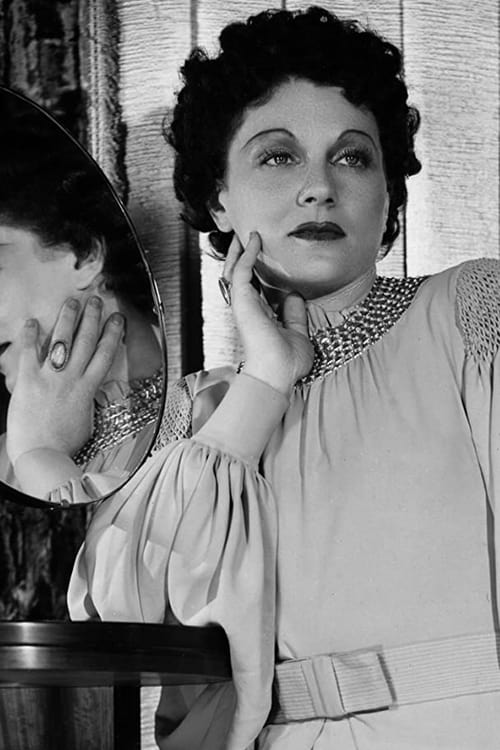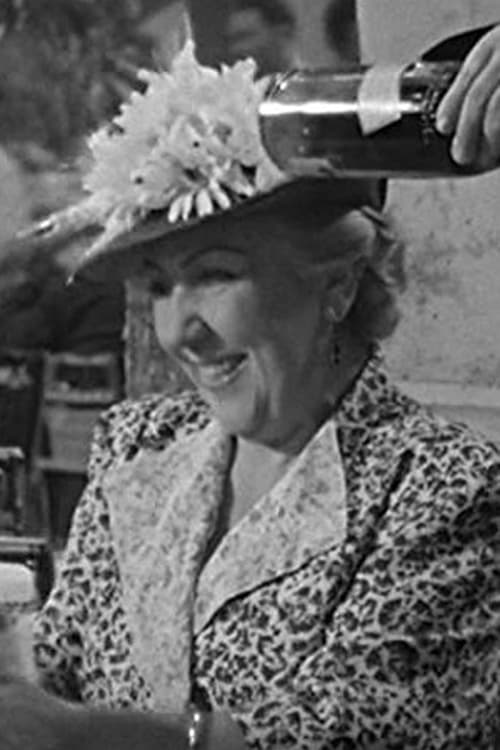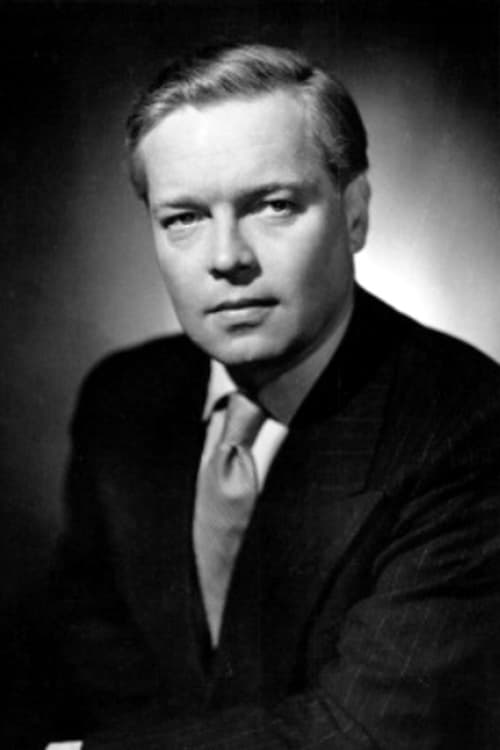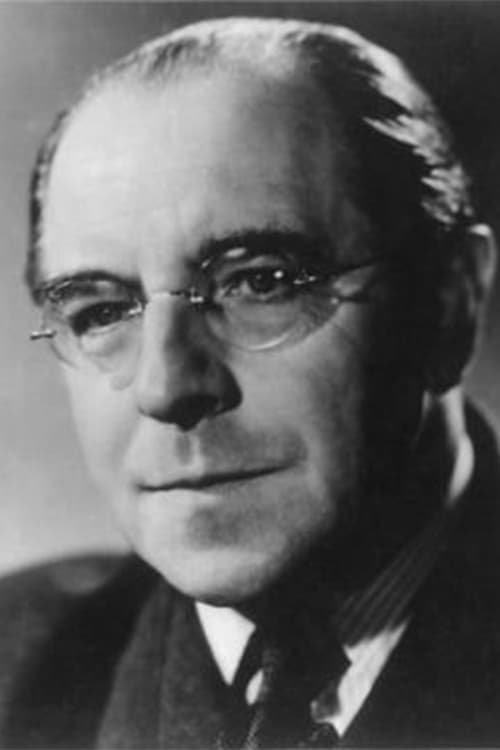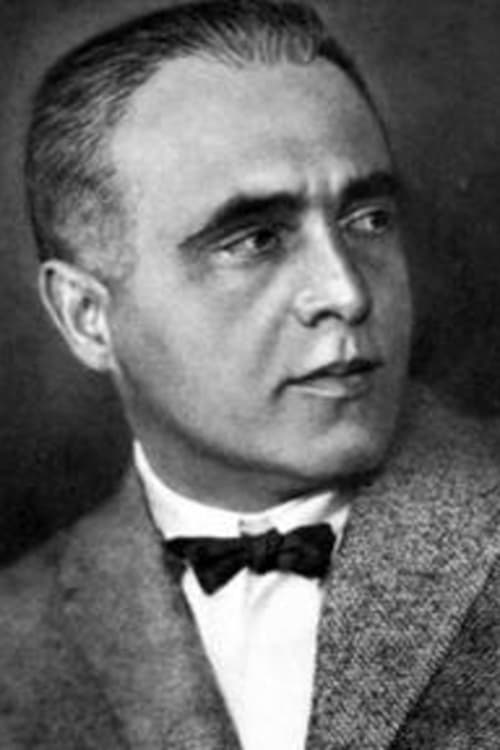The Treasure (1923)
ジャンル : ロマンス, ドラマ
上映時間 : 1時間 20分
演出 : G.W. Pabst
脚本 : G.W. Pabst
シノプシス
On the surface a straightforward tale of the search for a buried treasure, the film is a textbook example of German expressionism, with the passions of the protagonists conveyed as much through symbolism as action.
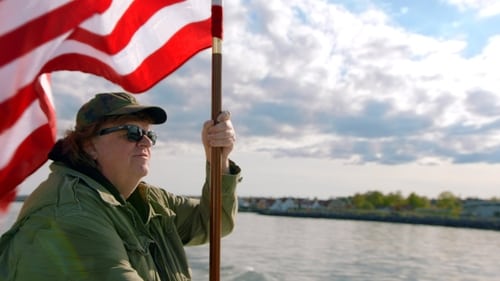
To understand firsthand what the United States of America can learn from other nations, Michael Moore playfully “invades” some to see what they have to offer.
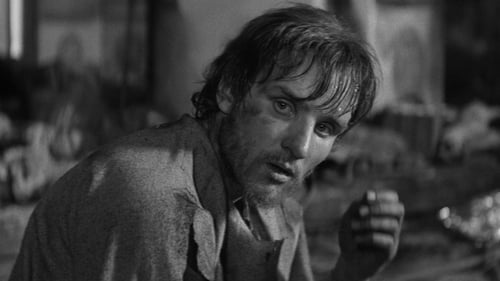
タルコフスキーとコンチャロフスキーという、旧ソ連の枠を脱して活躍することになる二大俊英が協力して脚本を執筆し、中世ロシア史上最高のイコン画家ルブリョフを主人公に、当時の社会と民衆の関わりを巨視的に捉えた歴史大作で、全体で二部構成。冒頭の、巨大な気球での飛行を試みる男たちの描写が象徴する閉鎖的な時代に、信仰と芸術の力によって風穴を開けたのがルブリョフと言える。彼は同窓の僧侶キリールに陥れられかけ、逆に大公の覚えめでたく宮廷画家となるが、連日、寺院の白い壁に向かい一筆も動かさない。神の愛を描きたいと願う彼の眼に時代は暗く映りすぎた。そして、公弟にそそのかされたタタール人が城を襲う(ここからが第二部)。ルブリョフは白痴の少女を救おうとして敵兵を討ち、後悔から筆を絶ち、修道院に戻るが、誰とも口をきかない。今や落魄の身のキリールとの再会……。ロシアはなお暗黒の中にあったが、大公は巨大な鐘の鋳造で威信回復を図る。今はなき名人の息子ボリースカの指導によって作業は開始され、ルブリョフはそれを興味深く見守る。秘訣を父に教わったという少年だが、実は鐘を作りたいばかりについた出まかせで、ようやく大鐘完成の暁に彼は真実を泣きながらルブリョフに明かす。彼は少年を賞賛し、自らも励まして言った。“君と一緒にやって行こう”……。15年にわたる無言の行の末、最初に出た言葉がそれであった。彼は再び絵筆をとり、その後、それまでの白黒とうって変わった鮮やかなカラーで写し出される偉大な作品群を残したのである。観ることが主人公の忍従に重なるような重厚な作品だが、それ故にラストの解放感は筆舌に尽くし難い。丸裸の自己と神--という一対一の構図を発見するまでの確執を描くのは、後のタルコフスキー作品にも通じるテーマだ。

Charlie, the protagonist of the Slovenian film “Porno Film”, is so dedicated to his porn viewing that his two friends John and Frank jokes that he must have a PhD in pornography by now. Using Charlie’s extensive knowledge of all things porn, the trio sets out to make the “first real Slovenia porn film”, in Slovenian language and everything — except the women in the film are emigrated Russian hookers, and their Slovenian isn’t very good.

Laibach is a Slovenian avant-garde music group associated with industrial, martial, and neo-classical musical styles. They formed on June 1, 1980 in Trbovlje, Slovenia (then Yugoslavia). Laibach represents the music wing of the Neue Slowenische Kunst (NSK) art collective, of which it was a founding member in 1984. The name "Laibach" is the German name for Slovenia's capital city, Ljubljana.

After being fired, a young car mechanic Đuro gets recommendation to look for another job in a remote village. His new boss is warm, old fashioned and naive - completely opposite from the world he's coming from. The peaceful atmosphere is shaken when Đuro falls for a regular customer's wife.

At the end of the last century hunters who hunted wild roosters, while waiting for prey to show up, were killing time with storytelling. The first story is about Jernac that had a fight with Tomas because of Rezika. Another story tells about Tincek, limp foundling, who spent his youth with the Komar family, where he fell in love with their Lencka. The third is the story of a rich Miholac whose attention was grabbed by poor Polonca, a romance that was opposed by his father. The central theme of all stories is love that eventually everybody die of.

1905 short film showing people walking down a Ljutomer street after mass.

On the surface a straightforward tale of the search for a buried treasure, the film is a textbook example of German expressionism, with the passions of the protagonists conveyed as much through symbolism as action.

Story of young man who has lost an arm in the war and tries to find his place in postwar Ljubljana.

The film is based on a novel by Ivan Tavcar and was adapted for the screen by Andrej Hieng. It is set at the end of the 17th century in the area that is now Slovenia at a time of religious intolerance with Amandus, a Catholic priest, determined to persecute local Protestants.

Set in the Tolminsko province of Slovenia in 1713, shortly after the Peasants' Uprising. The Grogovc family are forced to live in exile in a wasteland area of the country, where they suffer from the plague which gradually kills off the colony.

Tasmania, 1954: Slovenian migrant Melita abandons her husband and young daughter, Sonja. Sonja's distraught father perseveres with his new life in a new country, but he is soon crushed into an alcoholic despair, and Sonja herself abandons him at the earliest opportunity. Now, nearly 20 years later, a single and pregnant Sonja returns to Tasmania's highlands and to her father in an attempt to put the pieces of her life back together.

In an alpine valley lies an idyllic village. High up in the mountains, facing each others across live two men: a "good grandpa" and an "evil man".

Set in a Slovenian coastal town in WW2, the film tells a story about villagers who help partisans to get rid of Italian, and later German authorities that ruled the town in the last years of occupation.
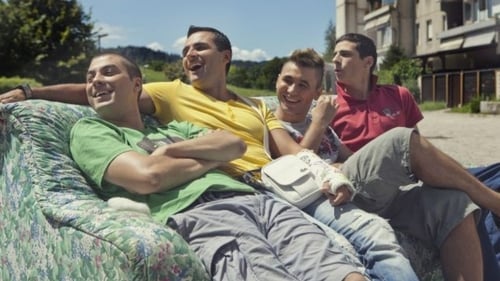
Marko, Adi, Aco and Dejan hag out in front of block of flats in Fuzine. Marko is pissed because he quit playing basketball and because the sexy TV presenter doesn't notice him and because his father Radovan is going to beat him up for quitting basketball. Adi is irritated by the fact that his brother Sanel is a drug addict and because his father Mirsad prefers to shang waitresses somewhere in Austira rather than to deal whit this. Makarovicka chefur girl gives a hard time to Aco and he would like to tak a revenge on Damjanovic - bus driver. Dejan is anxious because his mother Sonja wants to move to Slovenske Konjice. Policemen stop the boys one night and their world starts to disintegrate.

Špela graduated in Art History and has never had a steady job. Unlike her two best friends, who have moved out of Slovenia years ago with no plans to return, she is determined to stay in Ljubljana. When even her longtime boyfriend gets a job abroad she moves back in with her parents and her grandma. But Špela wants to grow up and cut the cord instead of delaying her already well overdue adulthood any longer.
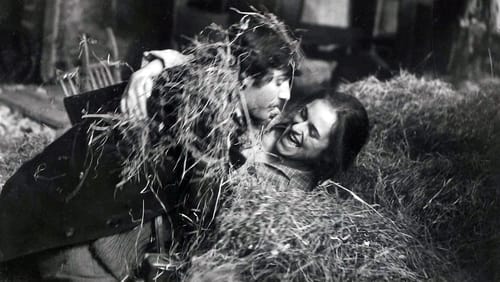
An ex-partisan and current political activist sets out to Styria region in Slovenia to buy out the wheat from peasants and convince them to form the farming collective. His ostensible success (based on blackmailing rather than convincing), as well as his love defeat, make him disturbed and he kills an innocent man while performing a social mission.

Two boys, Kekec and Rozle, come to serve a farmer, with a blind daughter Mojca, as shepherds. As the night falls, the two boys start talking about a woman who lives in the mountains and is supposed to steal children. Her name is Pehta. In the morning, Kekec, Rozle and Mojca go to an Alpine cottage and Kekec promises Mojca that he will find her a remedy for her eyes. As the girl is picking flowers, Pehta arrives and takes Mojca into her cottage. She wants to keep Mojca because of her singing.

In Ljubljana lives a bus driver Stebe. He's a widower. He lives with five sons and a maid Rozi. The boys are very naughty and keep annoying Rozi and, in fact all neighbourhood. One day Rozi in desperation declares that she is leaving them, because she cant stand it no more. And she does leave, although she is fond of the boys. Soon afterwards Rozi's niece Meri comes by, asking if she might stay because she wants to find herself a job in town. Meri is good girl but cannot cope with the kitchen work as successfully as her aunt. But the whole Steb family seems to be charmed by her. Even one of Stebe's own colleagues, Tone, begins to take interest in the girl. Meri likes him too. Stebe's boys feel quite disappointed because of it. But all's well that ends well: in full conspiracy Meri qualifies as bus driver while Rozi returns to the Stebe family.

Breza, a country boy from a godforsaken Prekmurje village, wishes to perform at the village festivities playing his electric guitar, but is faced with fierce competition in the form of a traditional Roma band entertaining the villagers by playing popular folk music. Nevertheless, his music seems to be the key to the heart of Silvija, a village beauty and the daughter of a wealthy gastarbeiter from Switzerland, who was sent home to find a healthy Slovene husband. However, the story of Breza and Silvija only marks the beginning of the plot whose main character is actually Düplin, an eccentric outsider, a deaf-and-dumb tramp or, as Breza's mother, the old Popovka, a farm owner and a fortune-teller also referred to as Strina, called him "a lad from a citrus producing country".

